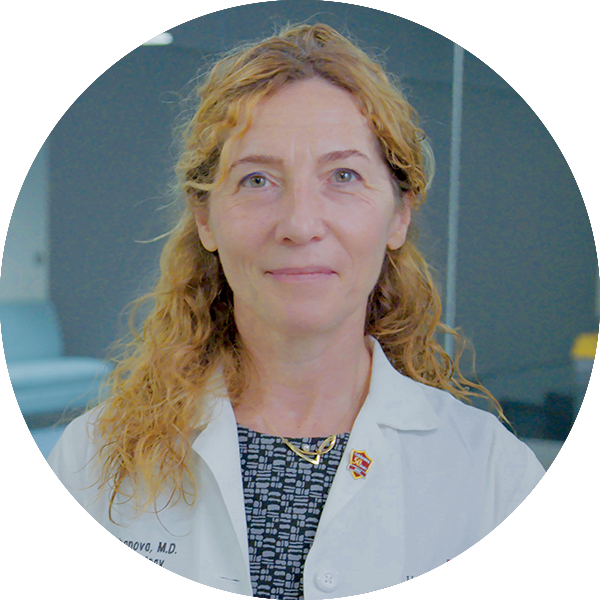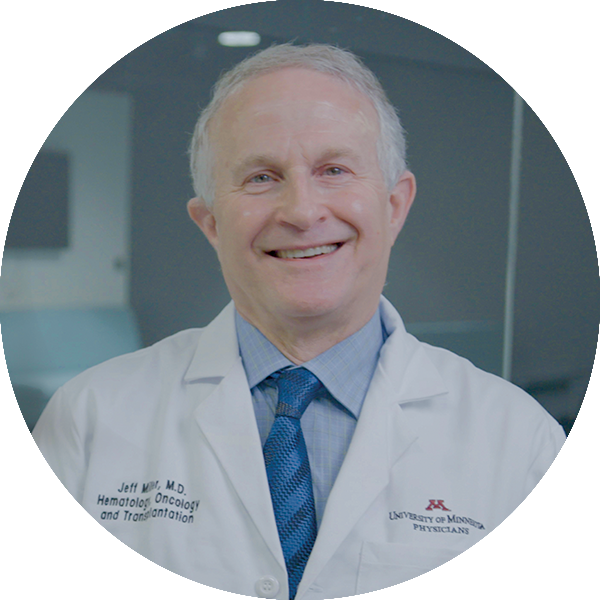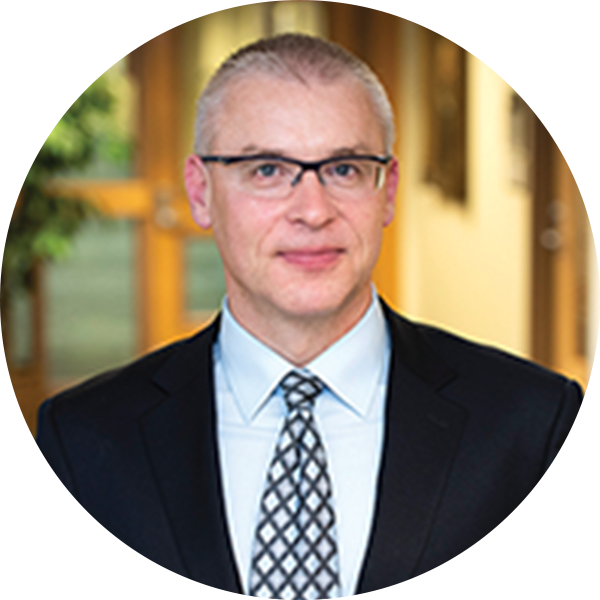Unleashing the body’s own natural killer cells
The University of Minnesota Medical School was Wanda Mau’s last hope.
She needed a clinical trial that could do what every available round of chemotherapy couldn’t:
Stop her advanced chronic lymphocytic leukemia (CLL).
Natural killer cell therapy not only helped Wanda, but may one day help other patients facing cancer as well.
Says Dr. Veronika Bachanova, the U of M physician scientist who heads this promising work: “I think it has the potential of transforming oncology in the next decade.”
Using cells, instead of drugs
Natural killer (NK) cell therapy mobilizes our body’s immune system to fight disease.
Traditional therapies, like chemotherapy, kill cancer cells but also kill healthy cells—cells that these treatments can’t distinguish from cancer.
Immune therapy is much more focused, modifying cells in the lab so they target and destroy specific cancer cells.
“Patients don’t like the side effects of chemotherapy,” says Dr. Jeff Miller, whose lifetime of work with NK cells at the U of M is at the heart of this research. “The nausea, the vomiting, the hair loss, all the unwanted toxicities in the body—targeted therapies should lessen those side effects.”
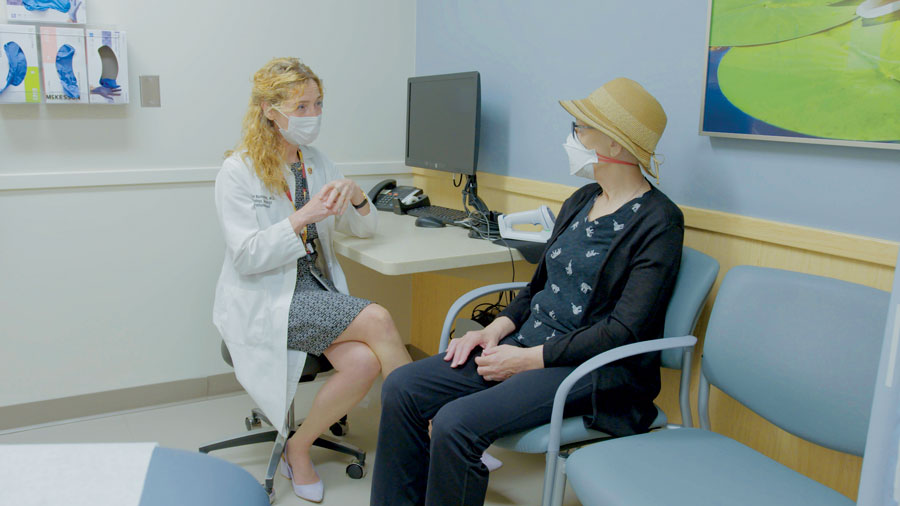
They’re innate scavengers, looking for trouble
T cells have taken the lead in the development of immune therapies, but the more recently discovered NK cells have the advantage of even fewer side effects.
According to Dr. Miller, NK cells are made for this kind of work, to seek and destroy not just one but many diseased cells.
More patients respond to cell therapy
When Dr. Bachanova first saw Wanda, she wasn’t sure she qualified for the trial.
She was that sick.
But further examination revealed that her organs were in remarkably good shape.
Even better, she was still living an active life, working, traveling with her husband and keeping up with her family.
The procedure is simple: infusing the NK cells only takes a half hour or so.
It works quickly, too. Within two weeks, scans showed that the therapy had achieved an “excellent remission.”
To push that into “complete remission,” and, thus qualify Wanda for a stem cell transplant, which gives her a greater chance of staying cancer-free, she received a second dose.
Says Dr. Bachanova: “We hope that the cell therapy, on its own, leads to long-term remissions. But it’s still early in development.”
The results, however, are promising.
“There are NK cells being developed here at the U of M against other cancers, including solid tumors, prostate cancer, lung cancer.”
Adds Wanda, grateful to everybody on the U of M team, including cell donors: “Someone went through a lot of work to give me this opportunity. It’s amazing.”
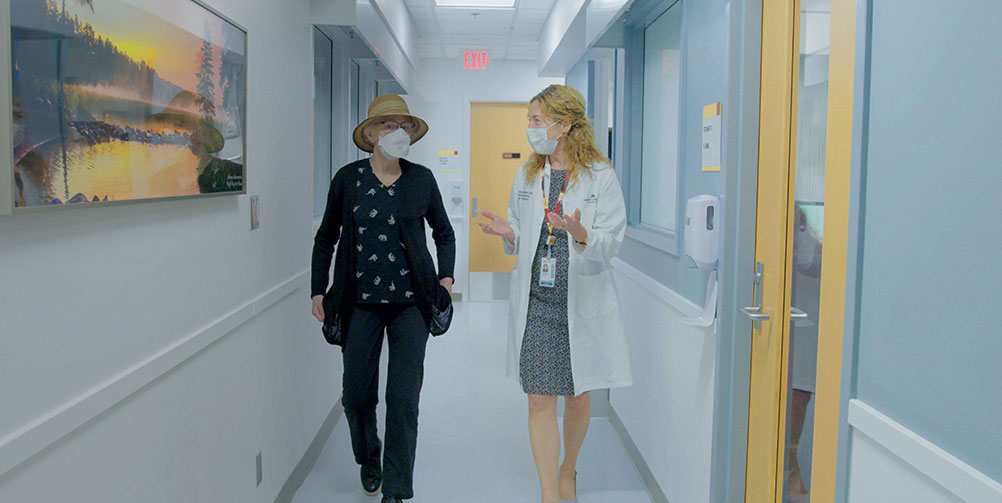
NK Cells in Depth
1. What are Natural Killer Cells?
2. How Might they be Used to Treat Cancer?
3. Might they Replace Chemotherapy Someday?
PUTTING DISCOVERY INTO PRACTICE
M Physicians are an extension of the University of Minnesota Medical School. As Medical School faculty, they are always looking for new and better ways to treat patients, whether in the laboratory or the clinic. And through clinical trials, cutting-edge therapies are sometimes available to patients when the standard of care is no longer enough.
What is Academic Medicine?
Most medicine is practiced within what is called “the standard of care.” Simply put, “standard of care” is the treatment that is commonly accepted for treating illness. This is a good thing! It means that patients receive treatments that are known to be generally effective and reliable.
The goal of academic medicine is to treat patients while looking for better therapies. It takes the toughest problems from the clinic and looks for solutions in our research. Many of our physicians — leaders in their fields — are also scientists.
When a patient faces an illness that requires treatment that exceeds the standard of care, academic medicine can provide access to newer therapies.

